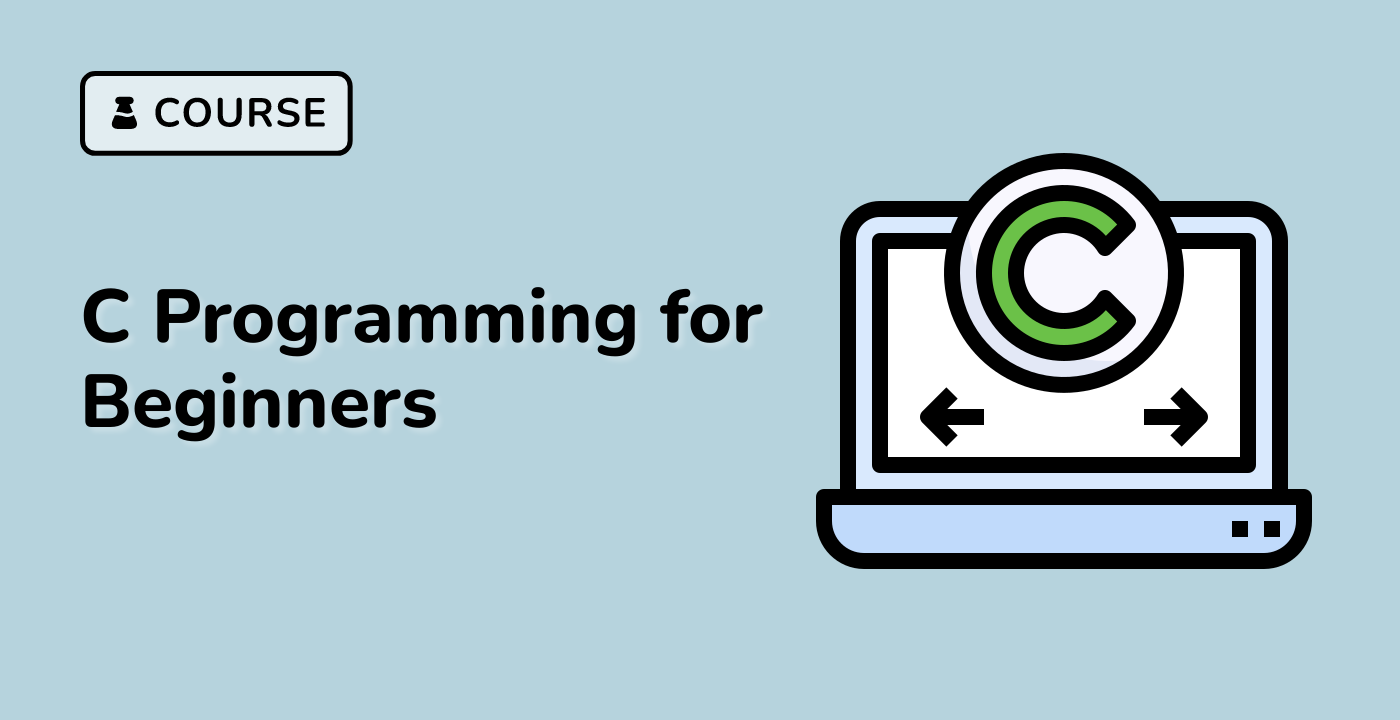Environment Configuration
Development Environment Setup
1. Shell Configuration
## Edit shell configuration file
nano ~/.bashrc
## Add compiler-related environment variables
export CC=/usr/bin/gcc
export CXX=/usr/bin/g++
export PATH=$PATH:/usr/local/bin
## Reload configuration
source ~/.bashrc
IDE and Editor Configuration
graph TD
A[Development Environment] --> B[Text Editors]
A --> C[Integrated Development Environments]
B --> D[Vim]
B --> E[Nano]
C --> F[Visual Studio Code]
C --> G[CLion]
| Tool |
Purpose |
Configuration Steps |
| VSCode |
Lightweight IDE |
Install C/C++ Extension |
| CLion |
Professional C/C++ IDE |
Configure Compiler Paths |
| Vim |
Terminal-based Editor |
Install vim-gtk |
Compiler Flags and Optimization
## Compilation with different optimization levels
gcc -O0 source.c ## No optimization
gcc -O1 source.c ## Basic optimization
gcc -O2 source.c ## Recommended optimization
gcc -O3 source.c ## Aggressive optimization
Build System Configuration
CMake Setup
## Install CMake
sudo apt install cmake
## Create CMakeLists.txt
echo 'cmake_minimum_required(VERSION 3.10)
project(MyProject)
add_executable(myapp main.c)' > CMakeLists.txt
## Build project
mkdir build
cd build
cmake ..
make
Version Control Integration
## Install Git
sudo apt install git
## Configure Git for C projects
git config --global core.editor vim
git config --global user.name "Your Name"
git config --global user.email "[email protected]"
Environment Validation
## Check compiler and tool versions
gcc --version
cmake --version
git --version
Best Practices
- Use consistent environment across development machines
- Automate configuration with scripts
- Regularly update development tools
LabEx recommends maintaining a clean, standardized development environment for efficient C programming.




